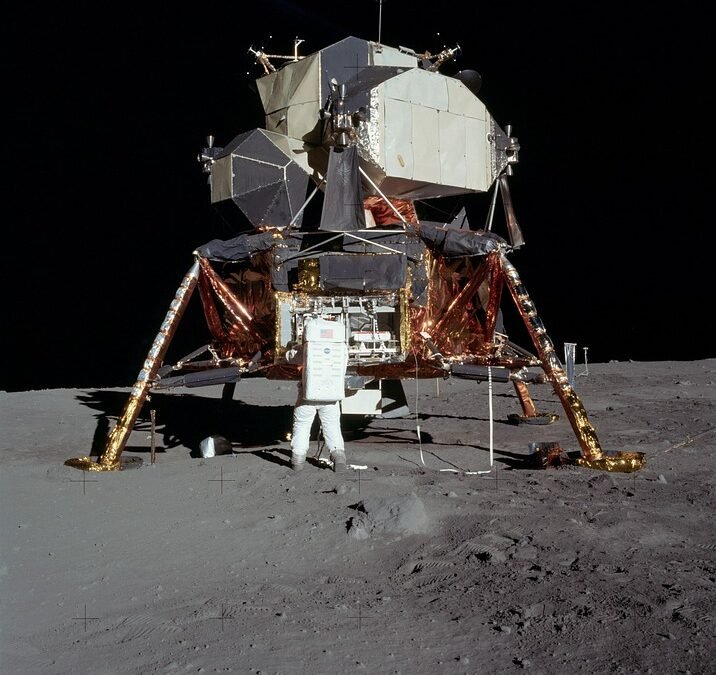The Science of Energy Efficiency: Maximizing Power while Minimizing Waste
Introduction
Energy efficiency is a crucial aspect of sustainable development and reducing carbon emissions. The science behind energy efficiency involves understanding how to maximize power while minimizing waste. By implementing energy-efficient practices and technologies, we can significantly reduce our reliance on fossil fuels and create a more sustainable future.
The Fundamentals of Energy Efficiency
Energy efficiency is the process of achieving more output with less input energy. It involves optimizing energy consumption and minimizing energy loss during various processes. Several principles govern energy efficiency:
1. Energy Conservation
Energy conservation focuses on reducing energy consumption by eliminating unnecessary wastage. Simple practices like turning off lights when not in use or using energy-efficient appliances contribute to conserving energy.
2. Energy Conversion Efficiency
Energy conversion efficiency refers to the ratio of useful output energy to the total input energy. This principle emphasizes maximizing the output energy while minimizing energy losses during conversion processes. It applies to various sectors, including power generation, transportation, and industrial manufacturing.
3. Energy Management
Energy management involves adopting strategies to optimize energy use in residential, commercial, and industrial settings. It includes measures like energy audits, load management, and using energy-efficient appliances and systems.
The Science behind Energy Efficiency
Understanding the science behind energy efficiency helps us identify opportunities for improvement and implement effective solutions. Here are some key scientific concepts related to energy efficiency:
1. First Law of Thermodynamics
The first law of thermodynamics, also known as the law of energy conservation, states that energy cannot be created or destroyed, only converted from one form to another. This law highlights the importance of minimizing energy losses during conversion processes to maximize efficiency.
2. Second Law of Thermodynamics
The second law of thermodynamics states that energy spontaneously tends to disperse or become more uniformly distributed. This concept is often referred to as the law of entropy. Energy efficiency aims to minimize the entropy increase during energy conversion processes, as higher entropy implies more wasted energy.
3. Energy Losses and Waste Heat
Energy losses occur during energy conversion processes, resulting in waste heat generation. These losses can occur due to various factors like friction, heat transfer through conduction, convection, and radiation, inefficient combustion, or mechanical inefficiencies. Minimizing energy losses through improved design, insulation, and advanced technologies is essential for enhancing energy efficiency.
Energy Efficiency FAQs
Q: Why is energy efficiency important?
A: Energy efficiency is crucial for several reasons. Firstly, it helps reduce greenhouse gas emissions and combat climate change. Secondly, it reduces energy costs for individuals, businesses, and industries. Additionally, energy efficiency enhances energy security by decreasing reliance on imported energy sources.
Q: How can I improve energy efficiency at home?
A: There are several ways to improve energy efficiency at home. Some simple steps include switching to energy-efficient light bulbs, properly insulating walls and windows, unplugging electronics when not in use, using energy-efficient appliances, and adjusting thermostat settings.
Q: What are some energy-efficient technologies?
A: Energy-efficient technologies include LED lighting, high-efficiency HVAC systems, smart thermostats, energy-efficient appliances (such as refrigerators, washing machines, and dishwashers), solar panels, and energy management systems.
Q: How does energy efficiency contribute to sustainability?
A: Energy efficiency plays a significant role in achieving sustainability goals. By reducing energy consumption and minimizing waste, we can lower carbon emissions and mitigate climate change. Energy efficiency also promotes resource conservation and helps create a more resilient and sustainable energy infrastructure.
Q: How can businesses benefit from energy efficiency?
A: Businesses can benefit from energy efficiency in several ways. It helps reduce operational costs, improve competitiveness, enhance brand image, comply with regulations, and attract environmentally conscious customers. Additionally, energy-efficient practices can lead to innovation and the development of new products and services.
Conclusion
The science of energy efficiency provides valuable insights into maximizing power while minimizing waste. By understanding the fundamental principles and scientific concepts, we can implement effective strategies to improve energy efficiency in various sectors. Embracing energy efficiency not only helps reduce environmental impact but also contributes to cost savings, energy security, and sustainable development.

